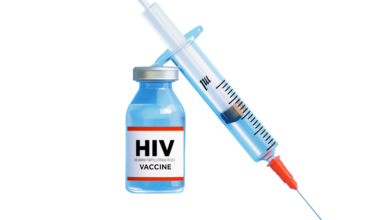Blog
The Importance of Education and Awareness

HIV education and awareness play a crucial role in preventing new infections. Here’s why:
- Dispelling Myths and Misconceptions:
- Education helps to dispel harmful myths and misconceptions about HIV transmission, such as the belief that it can be transmitted through casual contact.
- Accurate information empowers individuals to make informed decisions about their sexual health and reduce their risk of infection.
- Promoting Open Communication:
- HIV education encourages open and honest conversations about sexual health, including risk reduction strategies, condom use, and the importance of getting tested.
- Reducing Stigma and Discrimination:
- By promoting understanding and empathy, HIV education can help to reduce stigma and discrimination against people living with HIV.
- This creates a more supportive environment where people feel comfortable getting tested and seeking treatment.
- Empowering Individuals to Make Informed Choices:
- HIV education provides individuals with the knowledge and skills to make informed decisions about their sexual health and reduce their risk of HIV infection.
- Increasing Access to Prevention Services:
- Raising awareness about prevention strategies like PrEP (pre-exposure prophylaxis) and PEP (post-exposure prophylaxis) can increase access to these life-saving interventions.
Effective HIV education programs should:
- Be age-appropriate and culturally sensitive:
- Tailor information to the specific needs and cultural contexts of different populations.
- Be delivered by trained professionals:
- Ensure that information is accurate, up-to-date, and delivered in an engaging and accessible manner.
- Involve community participation:
- Engage community members and organizations in the development and implementation of HIV education programs.





